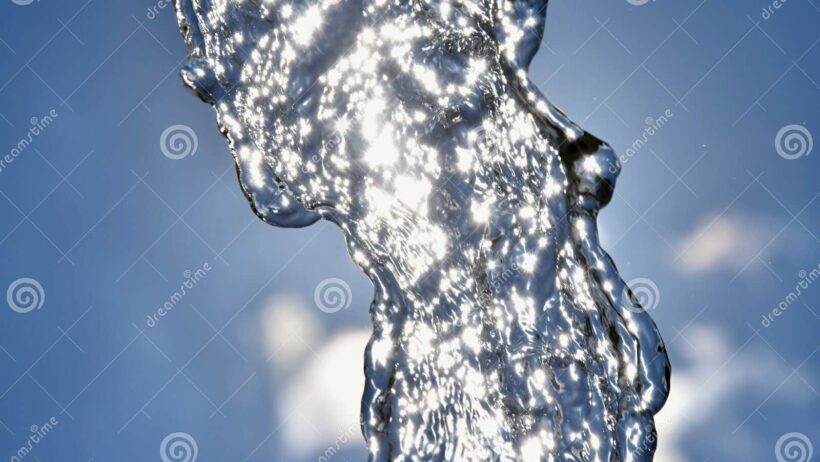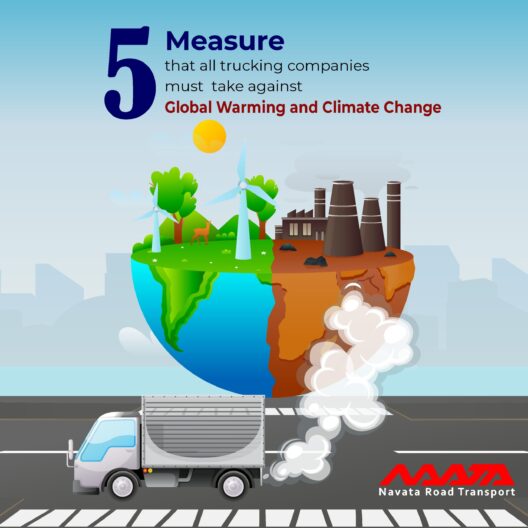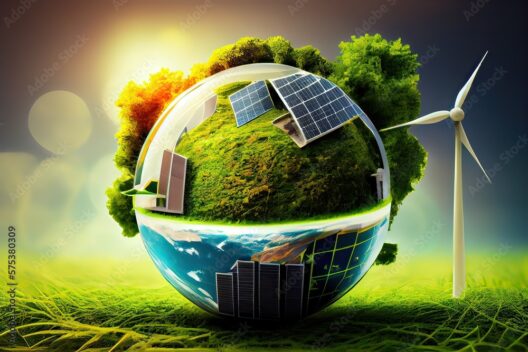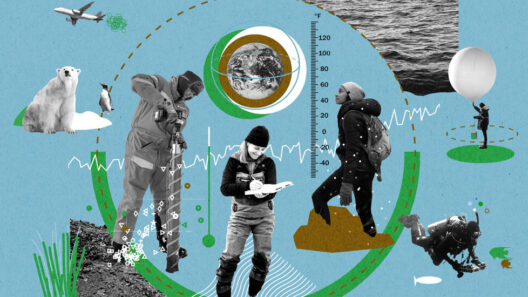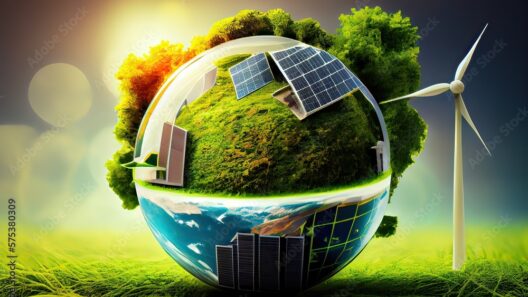Water, a quintessential element of life, has become an endangered resource on our planet. As the Earth warms, an ironic dilemma emerges: while many regions grapple with droughts, others waste vast quantities of this precious liquid. The nefarious connection between water waste and global warming fuels an inferno of environmental crises, mimicked by parched landscapes that yearn for respite.
The metaphor of a “Thirsty Planet” aptly encapsulates the current environmental quandary. It conjures images of an Earth gasping for hydration, suffocating under the blazing sun of human negligence. Our planet, with its intricate ecosystems, is at war against both drought-induced famine and the relentless surge of climate change. These two adversaries are inseparable; together, they conspire to transform fertile areas into arid wastelands, all while amplifying the cataclysmic effects of global warming. Each drop squandered contributes to this precarious cycle, and the consequences are dire.
The crux of the issue lies in our approach to water consumption. Take, for instance, agricultural practices that prioritize yield over sustainability. Industrial farming often employs irrigation techniques that are grossly inefficient. Water is poured into parched fields, evaporating under the fierce sun or percolating away into the ground, never to reach the roots of the crops that need it. This waste is not merely an exercise in mismanagement; it is a precipitating factor in a larger diabolical scheme.
Wasted water amplifies the fierceness of global warming. When water is squandered, it does not exist in a vacuum. Its absence accelerates land degradation and diminishes the Earth’s capacity to sequester carbon dioxide. The lush vegetation that once flourished as a bulwark against climate change wilts under the twin pressures of drought and heatwaves. This loss of greenery paves the way for a vicious cycle, wherein less vegetation means more carbon dioxide in the atmosphere, further propelling climate change.
The interlinking issues of water scarcity and climate change manifest in increasingly severe weather events. Rising temperatures contribute to more intense and destructive wildfires. These blazes, often ignited by dry conditions exacerbated by water wastage, consume vast swathes of land and release incalculable amounts of stored carbon into the atmosphere. Therefore, the fires of global warming are not only a natural disaster; they are the consequence of poor stewardship over one of Earth’s most vital resources.
Consider the intricate tapestry of ecosystems that depend on water. Aquatic habitats, from freshwater lakes to coastal wetlands, are dying as humans drain them for agriculture, industrial use, and personal consumption. This depletion not only disrupts local biodiversity but also contributes to the feedback loop of global warming and water shortages. As each species falters or disappears, the ambiental balance shifts, leaving the remaining organisms struggling to adapt to the rapid changes spurred by climate change.
In urban settings, the waste of water manifests in other forms. From leaky pipes and inefficient toilets to the extravagant use of water for landscaping and car washes, the average city dweller often remains oblivious to the bountiful resources slipping away daily. This oblivion is disconcerting as cities increasingly become urban jungles, where heat islands form, amplifying local temperatures and further draining surrounding water sources. Over-pumping groundwater and neglect can lead to permanent changes in aquifer systems, drastically affecting future accessibility to this treasured resource.
Addressing these issues requires an integrated approach to achieve sustainability. Water conservation should not merely be a personal endeavor; it must embody a collective mission evident in community actions and government policies. People are encouraged to adopt water-saving techniques—collecting rainwater, utilizing drought-resistant plant species, and fostering graywater usage—while policymakers must design frameworks that incentivize efficient irrigation and penalize waste.
Technological innovations also play a pivotal role in mitigating water waste. Smart irrigation systems equipped with sensors can ensure that crops receive only the amount of water they require. Similarly, wastewater recycling technologies can drastically reduce the overall demand for freshwater resources. Sustainable practices need to be the order of the day; they ought to challenge the status quo, transforming how cities and industries utilize this finite resource.
Moreover, education is crucial. The importance of water conservation must be ingrained from an early age, engendering a culture of respect towards this vital resource. By instilling values of sustainability, future generations can combat the insatiable thirst of the planet and advocate for its health as fervently as activists do today.
The Thirsty Planet suffers under the weight of these intertwined crises. Our world is crying out for a shift in behavior, demanding awareness and accountability. Wasting water fuels the fires of global warming—a combination that imperils not just our environment but our very existence. It is incumbent upon each of us to grasp the gravity of our actions, recognizing that every unnecessary drop contributes to a larger crisis.
As we stand on the precipice of an increasingly uncertain future, it is vital that proactive measures be embraced, ensuring that effective stewardship of water resources becomes synonymous with the fight against climate change. Only then can we quench the endless thirst of our planet, transforming it into a thriving haven for generations yet to come.



